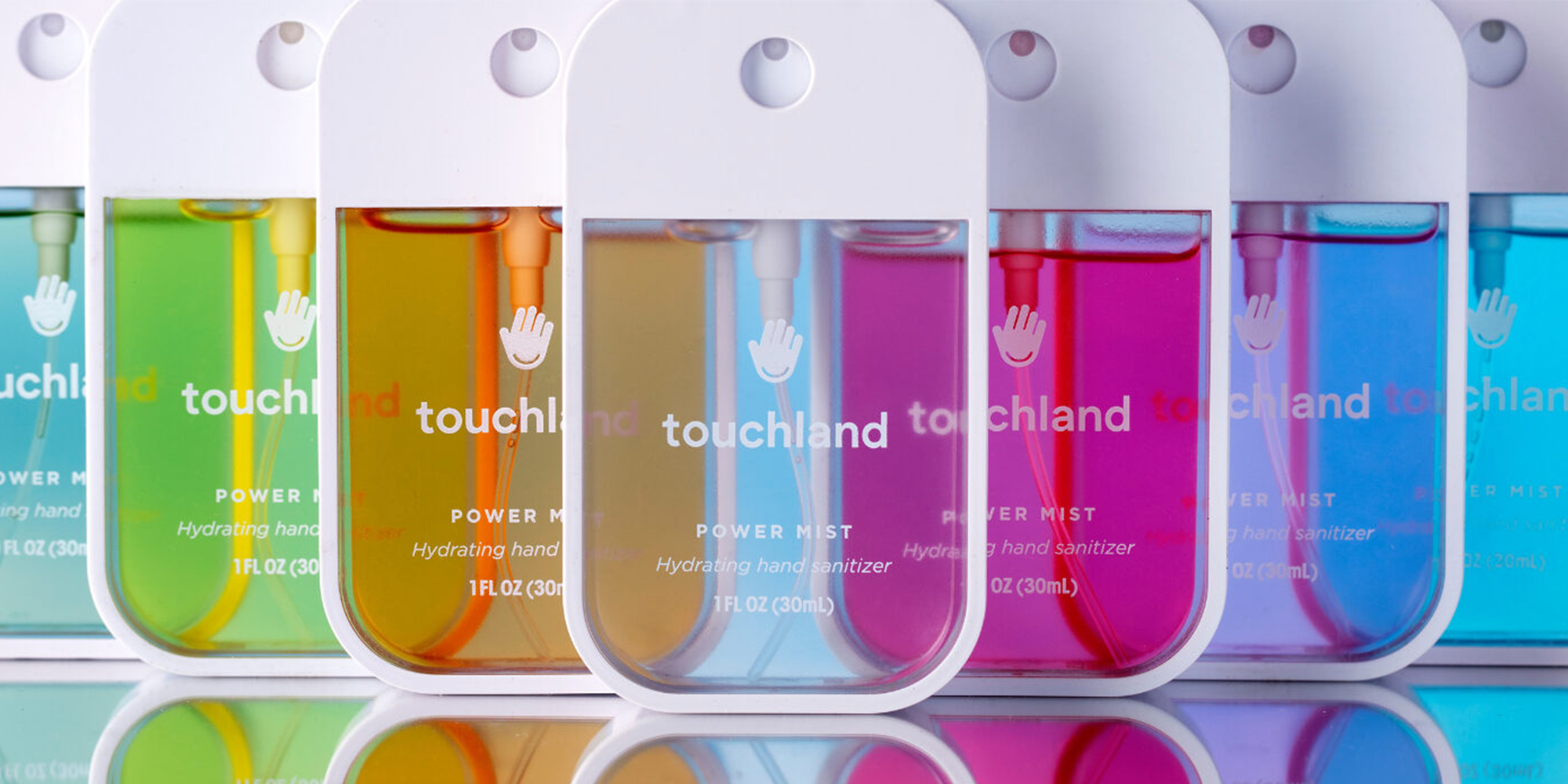
Touchland, The Brand Behind Status Symbol Hand Sanitizers, Sells To Church & Dwight For $700M
Touchland, the brand that made hand sanitizer cool, has reeled in a cool $700 million in a sale to Church & Dwight, demonstrating that, even in a trepidatious climate for beauty deals, prime assets can realize lucrative exits.
The price is nearly 5.4X the brand’s $130 million in sales for the 12 months ended March 31 and 12.7X its $55 million in earnings before interest, taxes, depreciation and amortization (EBITDA)—and it could go up to $880 million if it hits sales goals for 2025, swelling the sales multiple to 6.8X and the EBITDA multiple to 16X. Church & Dwight, owner of Arm & Hammer, Trojan, Nair, Batiste and Viviscal, expects Touchland to register double-digit sales growth this year and next.
In a press release on the cash and restricted stock transaction, Church & Dwight CEO Rick Dierker outlined that the brand meets the company’s acquisition criteria of being No. 1 or No. 2 in its category (Touchland trails only Gojo Industries-owned Purell in the hand sanitizer category), asset light, growing (the brand’s sales rose a triple-digit percentage last year), and gross margin accretive. Upon its announcement of the deal, Church & Dwight’s shares climbed almost 4% on Monday. In 2026, the acquisition is expected to boost cash earnings 3%.
“Touchland has built a loyal consumer base through its differentiated consumer proposition and is driving growth in the hand sanitizer category,” says Dierker. “The brand skews towards younger consumers and already has a high level of brand loyalty and repeat purchase in line with category leaders.”
Church & Dwight has a track record of acquiring surging brands that have energized their categories. In 2021, it spent $580 million for alcohol-free mouthwash brand TheraBreath. A year later, it bought Hero Cosmetics, maker of Mighty Patch acne patches, for $630 million in a deal with similar specs to the Touchland deal. As it acquires category movers and shakers, Church & Dwight is looking to offload other brands, and it’s exploring shuttering or selling Flawless, Spinbrush and Waterpik’s showerhead business.
Touchland’s married founders Andrea Lisbona and Ruggero Grammatico are staying on board, and Church & Dwight is maintaining the brand’s Miami location and roughly 14-person team. Barcelona native Lisbona launched Touchland in the United States in 2018 after starting it in Spain four years earlier. Her objective was to create the Apple, Nespresso or Dyson of hand sanitizers.
“It’s been an amazing journey,” she says. “It’s a true testament of what the American dream is because we came with a couple of suitcases, my husband and myself, and a dream. You look backwards, and it’s been the story of a lifetime.”
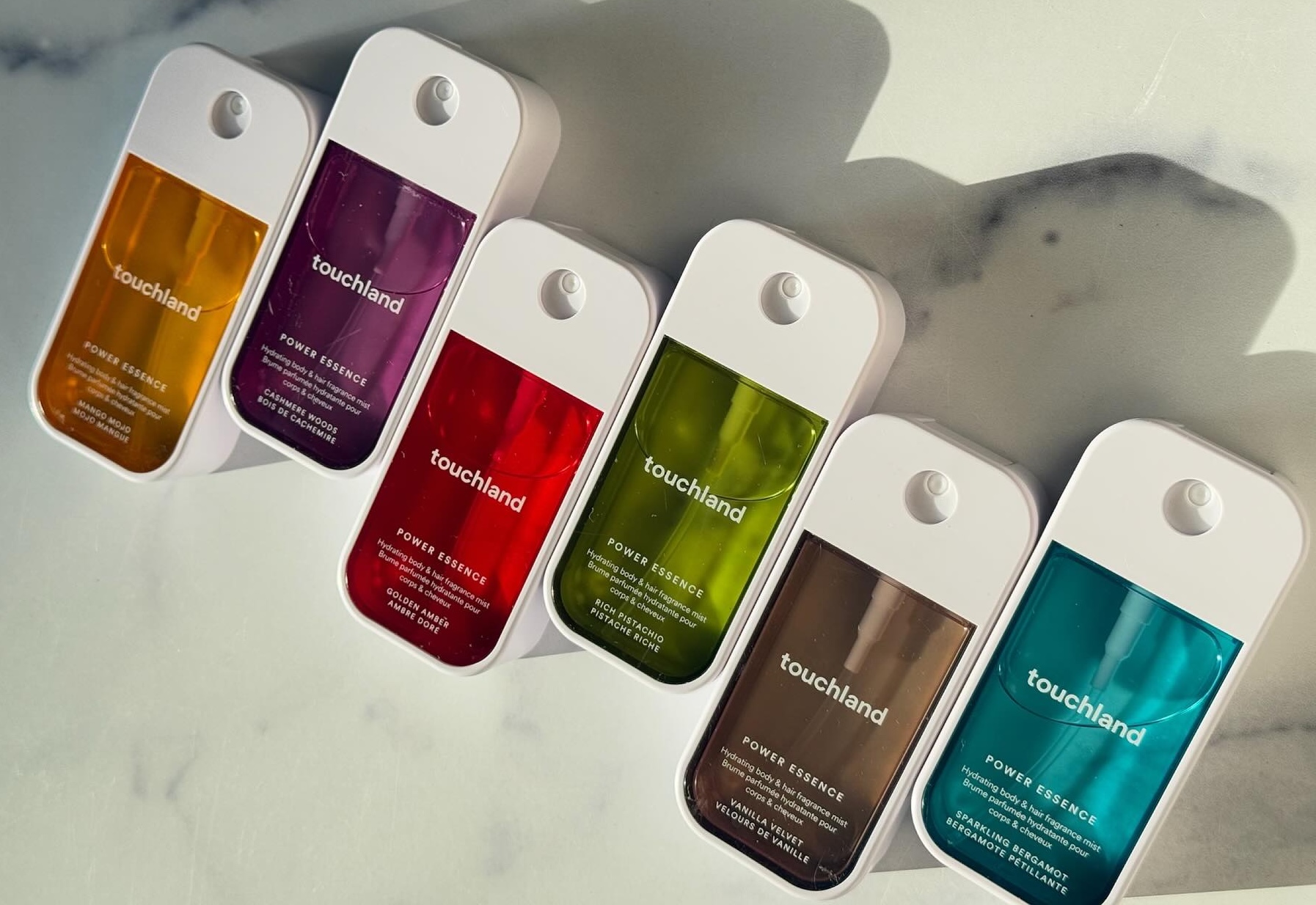
During an uncertain economic period characterized by meager marquee beauty mergers and acquisitions, beauty industry dealmakers are hopeful the Touchland acquisition might unclog the M&A logjam. Odile Roujol, founder of early-stage investment firm Fab Co-Creation Studio Ventures, says Church & Dwight’s deal for Touchland “could signal a trend toward consolidation in the fragrance sector, where larger companies acquire smaller, innovative brands to enhance their market share and diversify their product lines and the customers they target.” For indie beauty brands, she highlights Touchland’s 42% EBITDA margin and advises,“Being obsessed by your EBITDA is the recipe for a great exit.”
Touchland’s digital dynamism has been impactful for its profitability and desirability. According to influencer marketing software company CreatorIQ, it’s racked up 16,200 social media mentions from May 2024 to April 2025, up 90% year-over-year, from 6,000 content creators, up 70% year-over-year. Data from trend forecasting and market intelligence software company Trendalytics shows its social media engagement has increased 140% over the last year, including a 270% jump on gen Z-dominated TikTok.
Michael Appler, VP of marketing at Trendalytics, says Church & Dwight’s purchase of Touchland “is less about hand sanitizer and more about buying access to the highest value beauty demographic: gen Z. Despite decades of market dominance and deep pockets, big CPG players have had mixed success building brands that feel authentic to younger consumers. Touchland, however, has home-grown a cult following through sleek, design-forward packaging, viral social campaigns and a modern brand voice that resonates across TikTok. Rather than build that kind of cultural relevance from scratch—a task that has proven elusive for many conglomerates—Church & Dwight took the faster, safer route: acquisition.”
“It’s been the story of a lifetime.”
Alex Rawitz, director of research and insights at CreatorIQ, points out Touchland has been prominently featured in content from nail care creators who use its hand sanitizers to clean their hands. He says, “Compared to Church & Dwight’s other brands, Touchland has a more pronounced digital presence among social media users, thanks largely to its community of beauty-adjacent creators and its savvy marketing strategies in the nail care space. Our metrics indicate that Touchland’s recent growth makes it an enticing, high-potential acquisition.”
Similar to what Starbucks did for coffee and Rao’s did for spaghetti sauce, Touchland proved there’s consumer appetite for hand sanitizers at above commodity prices. At Sephora, the brand’s hand sanitizers sell from $10 to $20. A bottle of Purell generally sells for under $5. Lisbona says Touchland’s average order value is around $45, and the brand isn’t heavily dependent on a single stockkeeping unit for its sales. Glow Mist Revitalizing Hand Sanitizer in Rosewater and Power Mist Hydrating Hand Sanitizer in Wild Watermelon and Berry Bliss are bestsellers.
Andrew Zahornacky, CEO and co-founder of Noshinku, a natural hand sanitizer brand that’s seen its run rate advance 250% year-over-year, describes Church & Dwight’s deal for Touchland as validation for disruptors in the hand sanitizer category. He says, “There are other categories like it that could benefit from the same sort of disruption. The best categories are the categories that people wrinkle their noses at when you are getting started.”
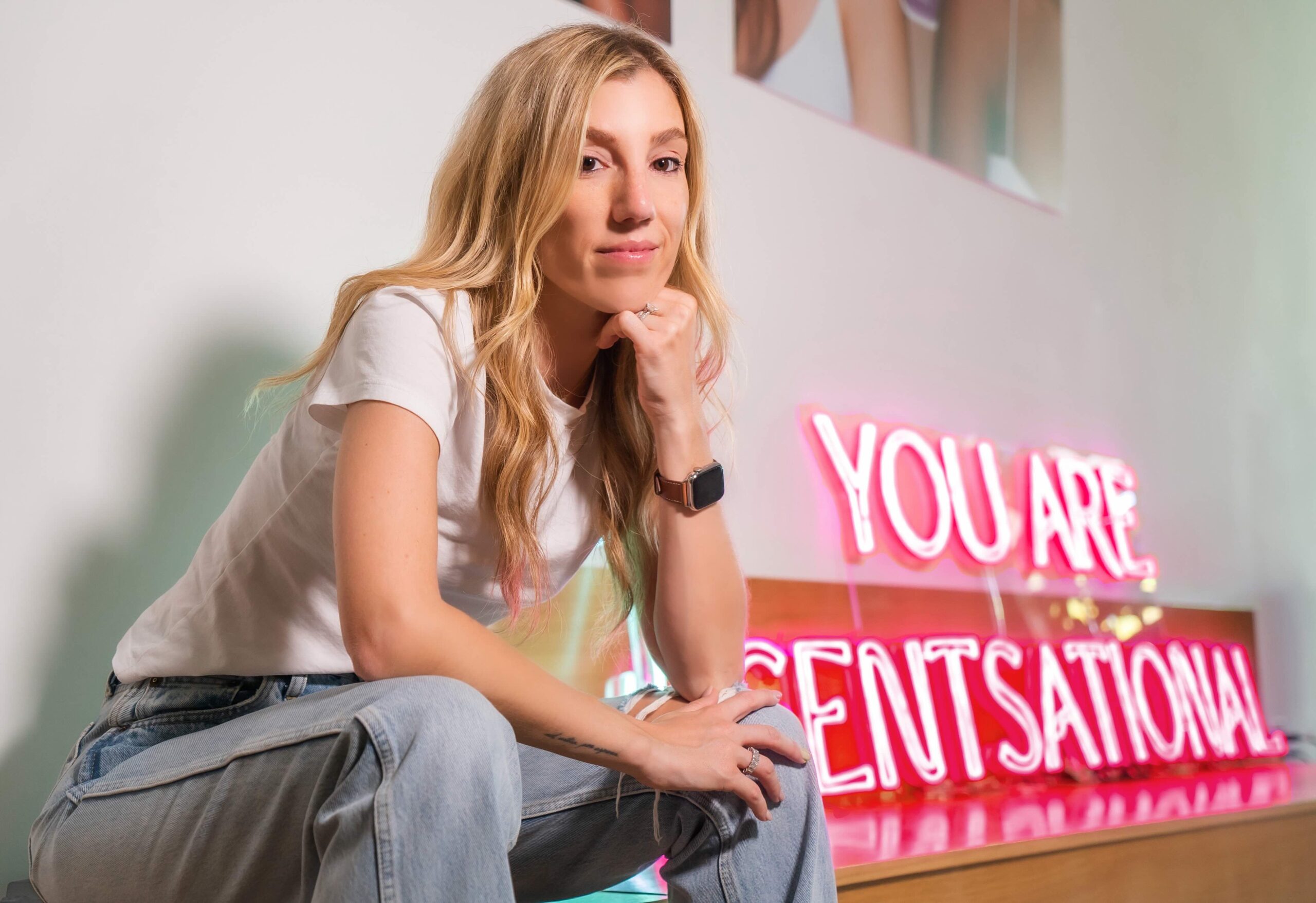
Oleg Isakov, principal in the consumer practice at management consultancy Kearney, says the acquisition of Touchland allows Church & Dwight “to build its premium portfolio and transfer some of the premiumization tactics the founders have so masterfully deployed to other brands in other categories, which could be a growth accelerator for the entire portfolio.”
He adds, “From the acquiree’s point of view, Touchland can leverage the scale and capabilities of C&D for further expansion and growth. C&D will now need to manage this acquisition in a way that preserves the growth trajectory of the brand while also ensuring close collaboration with C&D to leverage its scale, which can oftentimes be challenging.”
International expansion is on the table for Touchland. The brand has minimal exposure to international markets at present. It just entered Canada and the Middle East via Sephora. Touchland launched at Ulta Beauty in 2020 and Sephora a year later. This year, Lisbona says the brand has 2,500 endcaps at retail versus 160 a year ago. Along with Sephora and Ulta, Touchland is stocked by Aerie, Bloomingdale’s and Amazon. Seventy percent of its sales are from retail, and the rest are done online, primarily Amazon.
“The best categories are the categories that people wrinkle their noses at when you are getting started.”
The brand will be pushing innovation and collaborations, too. On Feb. 3, it extended from hand sanitizers to body and hair mists with the release of an eight-scent Power Essence collection featuring so-called MoodScentz Technology from fragrance supplier Givaudan to infuse the mists with mood-enhancing properties. Lisbona teased that a third product category is on deck for Touchland, but didn’t disclose when the brand is breaking into it.
On Monday, Touchland went live with pre-sales for its second limited-edition product in collaboration with Disney: its Wild Watermelon hand sanitizer housed in case topped with Mickey Mouse ears that’s officially available on May 19. By 5:30 pm EST, it already amassed a waiting list closing in on 8,000 people. In its history, Touchland has done five collaborations (Hello Kitty, Blackpink and The Original Smiley Brand are previous collaborators) and has another on the way this summer and more in 2026.
Touchland completed a seed round in 2020 and a secondary transaction in 2024. Its investors included REDO Ventures, Movendo Capital and Sonoma Brands Capital. Prior to its seed round and secondary transaction, it raised $770,000 from a family office and about $70,000 in a 2018 Kickstarter campaign.
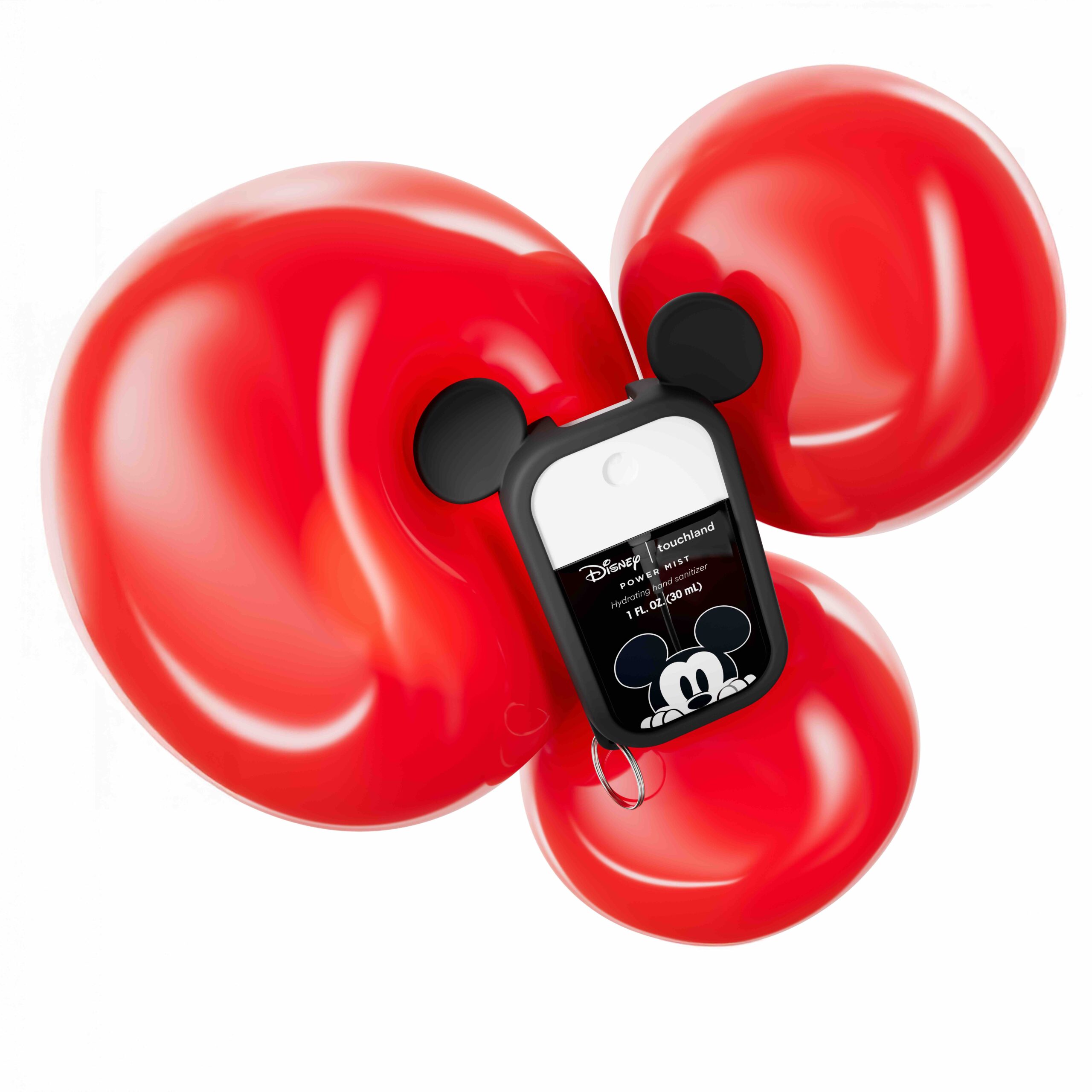
Lisbona emphasizes Touchland’s disciplined approach to its business was key to it achieving an exit. She details the brand focuses on four product pillars: portability, packaging and form factor, skincare attributes and scent. It pivoted to concentrate its bandwidth on its positioning and productivity. For example, Touchland paused its hand sanitizer dispenser for commercial clients and mass-market distribution. Target formerly carried the brand.
To augment its lean team, Touchland has relied on third-party agencies and supply chain partners. It’s worked with public relations firm 1Milk2Sugars, previously known as Nouveau Communications, since 2018 and product development and packaging company Innovative Beauty Group since 2021.
Touchland faces several challenges as it attempts to continue to propel sales and market share. Dupes of its iPhone-like packaging have proliferated. Touchland has tapped artificial intelligence-powered brand protection platform RedPoints to assist with fending them off, and Lisbona estimates it’s tried to enforce its intellectual property rights against 8,000 alleged infringements in the last six months.
Perhaps more critically, Touchland has to remain cool, a tricky feat that untold numbers of consumer packaged goods brands have discovered to be difficult as they mature and are integrated into a bigger corporate umbrella. Lisbona is keenly aware of her charge to avoid the pitfalls of not evolving with consumer preferences.
“The most important thing is to keep being relevant as a brand and sometimes becoming irrelevant comes when you start feeling comfortable and feeling you’ve earned something and then you start being less thoughtful, less innovative,” she says. “For us, I always operate like you’re No. 2, so you always want to take No. 1. Don’t think you’re No. 1 because that’s when you start being complacent.”
Click here to secure Early Bird tickets to Dealmaker Summit happening November 10 & 11 in London.



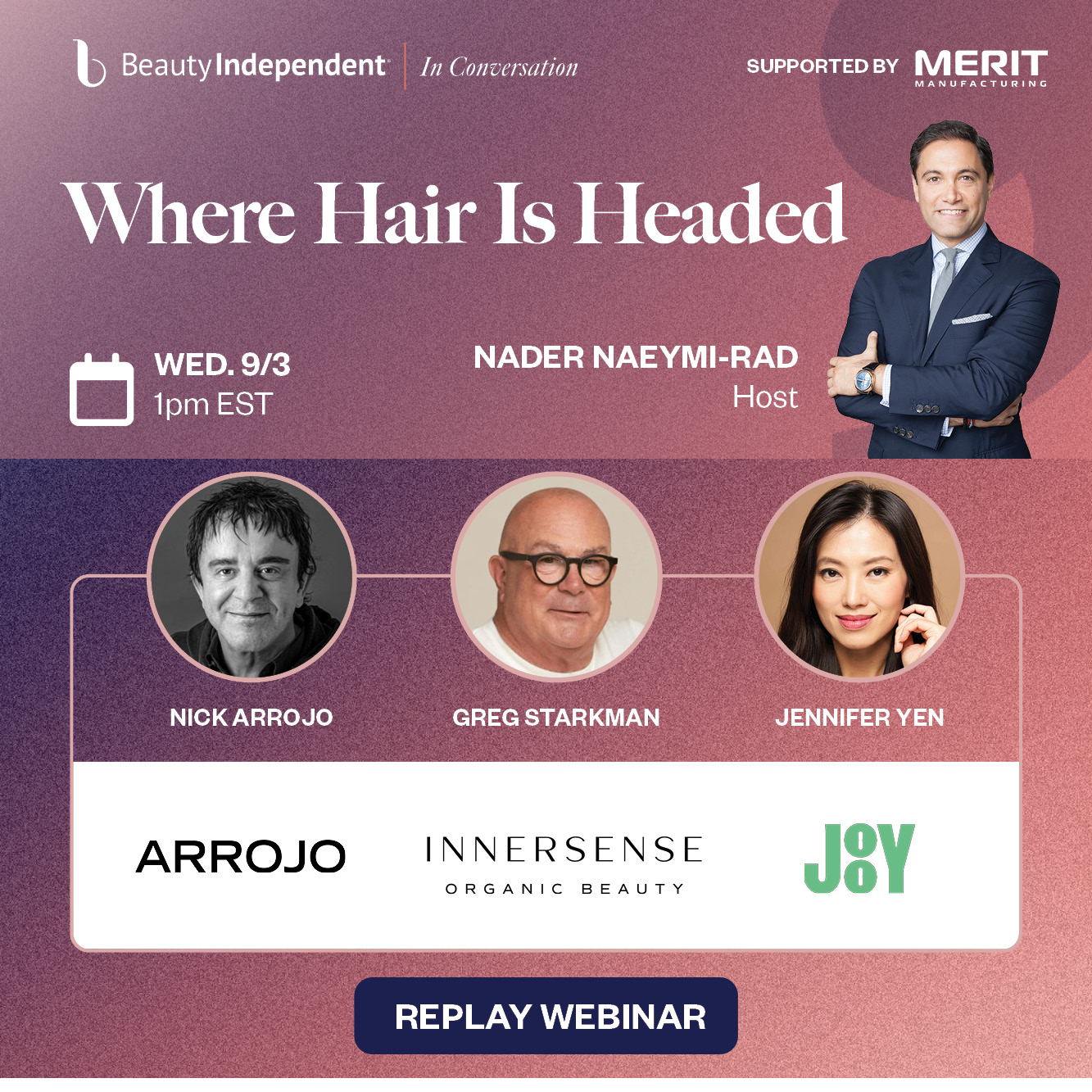
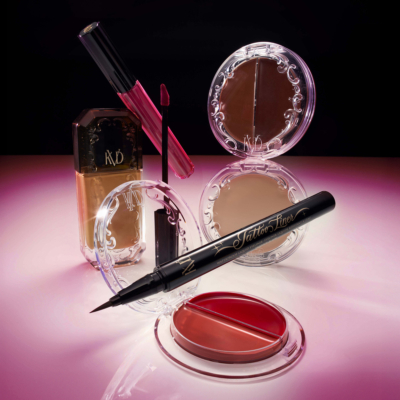
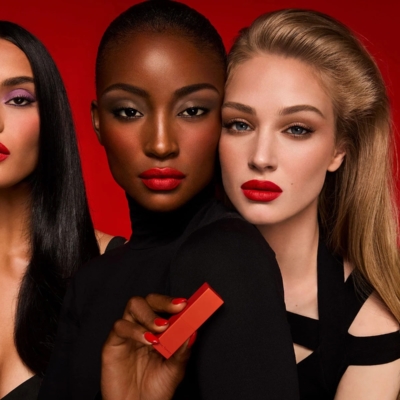
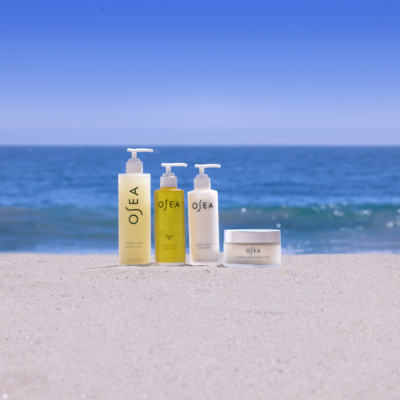
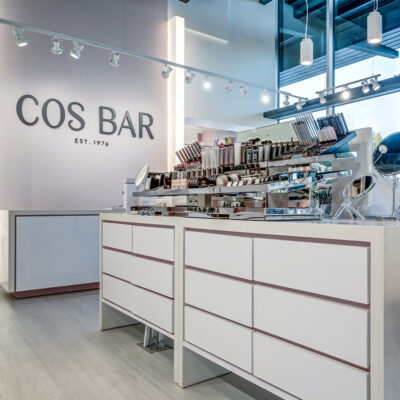
Leave a Reply
You must be logged in to post a comment.